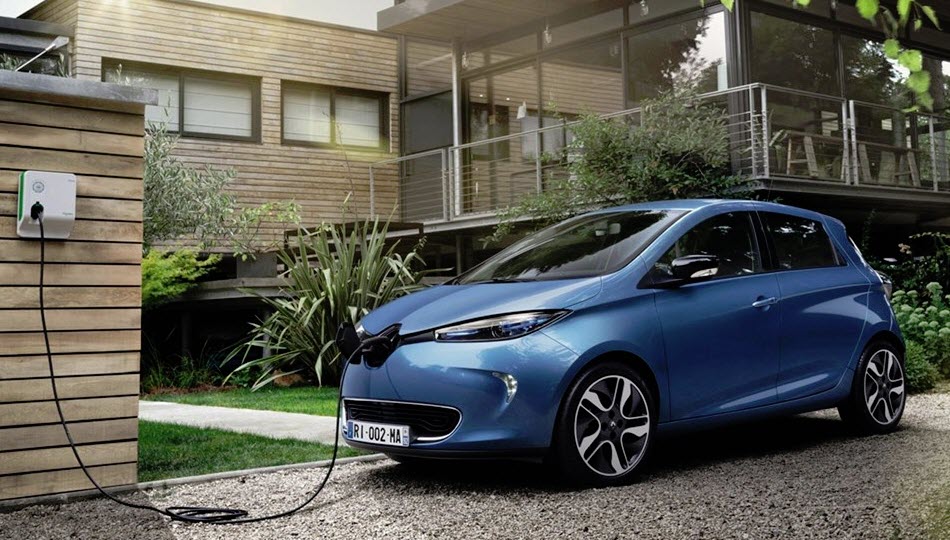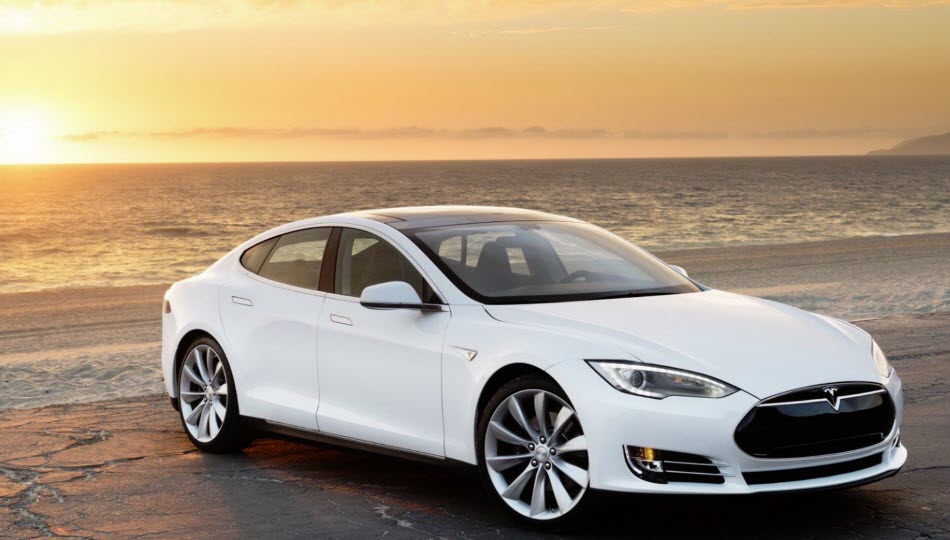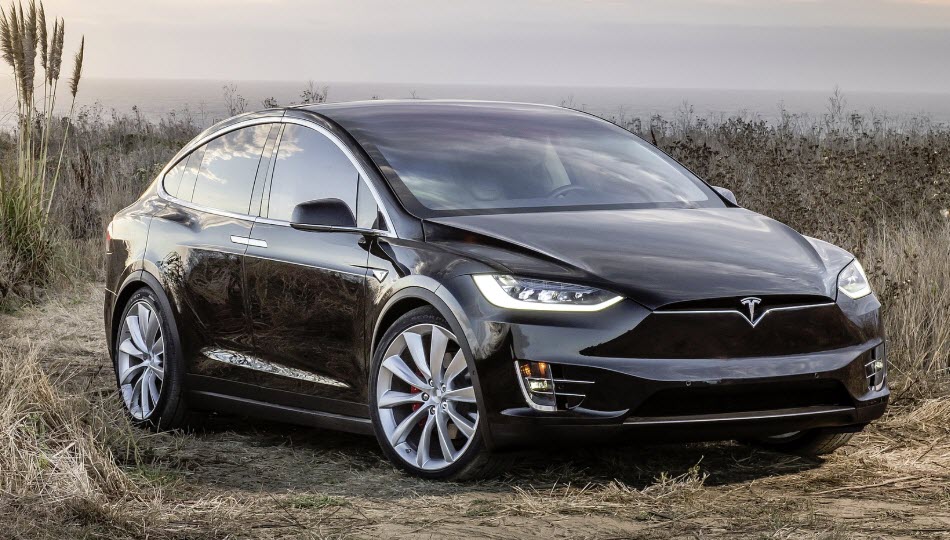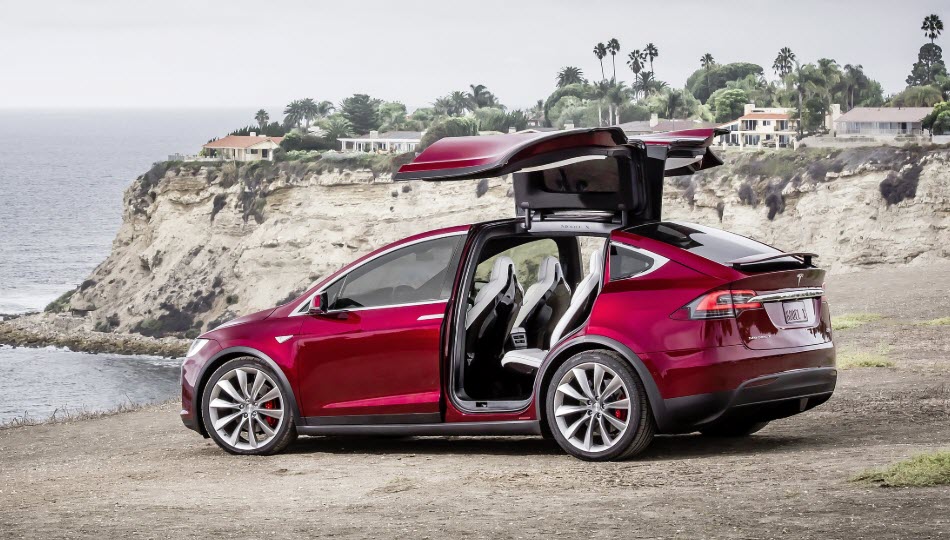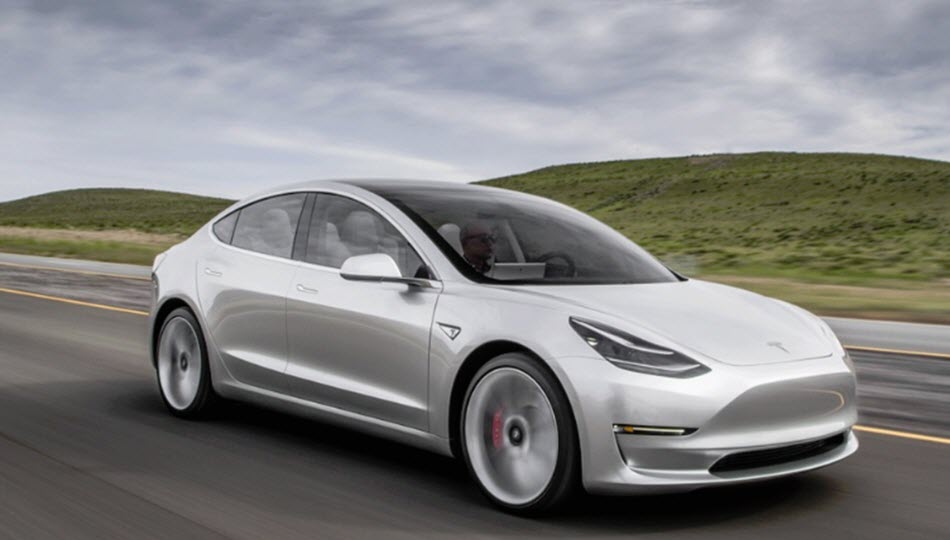Electric Cars in Kenya – how much would it cost to drive 15,000 km a year?
With the recent hike in fuel prices, I was wondering, how much cheaper would it be to “fuel” a fully electric car in Kenya compared to a petrol-powered equivalent?
Electric cars have an almost zero representation in Kenya the moment. There are no fully electric cars for sale on the car sale websites in Kenya and there are none on the KRA CRSP import list either. They list hybrids models from Toyota, Lexus, Porsche and the rest, but no fully electric cars such as the Nissan Leaf, BMW i3, Tesla etc. I couldn’t even find the regulations around the importing of electric cars.
However, I do know that last year, the Kenya Bureau of Standards (KEBS) was developing standards for imported electric vehicles and motorcycles. Also, recently this year, a new fully electric taxi service, Nopia Ride, started operation in Kenya. Apparently, there are less than a dozen electric vehicles on Kenyan roads today. If Nopia Ride can import electric vehicles I am sure anyone else can. I am working on finding those details out.
But in the meantime, I wanted to estimate how much cheaper an electric car would be to “fuel” compared to a conventionally petrol-powered vehicle.
Yes, there are numerous factors that come into play when evaluating the ownership costs of an electric vehicle; purchase price, maintenance costs, daily running costs, insurances, warranties, retained value, disposal… and a great deal can be written accessing all these factors along with considerations for range anxiety, performance, charging time, battery degradation, reliable electricity supply, local maintenance expertise and so on, but in the interest of keeping this blog short, I want to focus mainly on the day to day “fuel” costs for an electric vehicle compared to a petrol powered vehicle.
With that in mind, let’s set some ground rules and assume the following:
You can import / own an electric car in Kenya (thanks KEBS).
Purchase and Import costs (duty) are similar for a comparable conventionally powered vehicle. Purchase price in the real world is not the same but its closer than it was a few years ago.
Fuel price is 119.00 KSh / litre (Super)
Electricity price is 22.00 KSh / kWh (as of October 2018 and excludes fixed / demand charges)
Average fuel consumption for the petrol-powered vehicle is 10 litres / 100 km. Depending on driving style and conditions, a modern petrol-powered small hatchback or a medium size sedan consumes in the range of 7 to 11 L/100 km and bigger petrol sedans and SUVs are in the range of 10 to 13 L/100 km…… so lets pick 10 L/100 km as an average.
Battery power range has been taken as an average of 30 kWh capacity providing 163 km of range as shown in the graph below for ‘Electric Car Battery Size vs Range”. Graph is based on data from popular fully electric cars on the market today (vehicles are shown in table).
Annual distance covered is 15,000 km per year. Individual electric vehicle range per charge is not important here, we just want to work out for the same distance travelled how much it would cost to power the two types of vehicles. Saying that though, new electric vehicles, depending on their battery size, weight and driving style, can manage between 100 km to 500 km on a single charge.
The table below summarizes the calculation and results:
As you can see in this example, the electric car would save you approximately KSh 117,000 per year in fuel. However, the electric car would cost more to buy new, I would estimate in the region of a million shillings more than its equivalent petrol-powered car.... and at a million shillings difference in purchase price, it would take about 8 years before you break even on purchase cost by saving on fuel. 8 years also happens to be the warranty most manufacturers provide on their batteries.
But there are other things to consider, for example electric vehicles are cheaper to maintain (fewer moving parts that can break) and you could use solar power / off-peak hours to charge up your car, saving even more in the process. But what happens after 8 years, how will the performance of the battery deteriorate as it gets older? and who will take care of this car? Do we have technical expertise in Kenya for such vehicles? Life is complicated....
Looking at some real electric car data, the "fuel" cost per 100 km of driving for each is shown in the table below:
From the results, you can see that most electric vehicles will generally cost around KSh 400 for every 100 km of driving. This is cheaper than petrol powered vehicles, which will cost around KSh 1200 to cover the same distance.
As I mentioned earlier, there are so many factors that affect whether buying an electric vehicle even makes sense for you. Of course they make overall sense, but do they make sense for you, your lifestyle, your geographic location, your budget? Even in developed countries people are still coming around to the idea of owning and using an electric vehicle. Countries like the United States, China, UK and other European nations have come a long way in developing and providing electrical vehicle technology and charging infrastructure for their citizens. Truth of the matter is that electric vehicles are here. They are not coming. They have arrived. And each day the battery technology and charging infrastructure is improving.
Its 2018, Tesla has been around for a while, so has the Nissan Leaf and Renault Zoe, they have proved themselves. Now we have new fully electric vehicles from Mercedes (EQC), Jaguar (I-Pace), Audi (E-tron), Porsche (Taycan), even Hyundai (IONIQ) and Kia (Soul EV)… and they look great, have good range, can be charged quickly and cost slightly above what their petrol-powered equivalents cost. This new era in motoring is inevitable and exciting!
But fully electric cars in Kenya? It is very possible and will come in the near future… But in the mean time…


